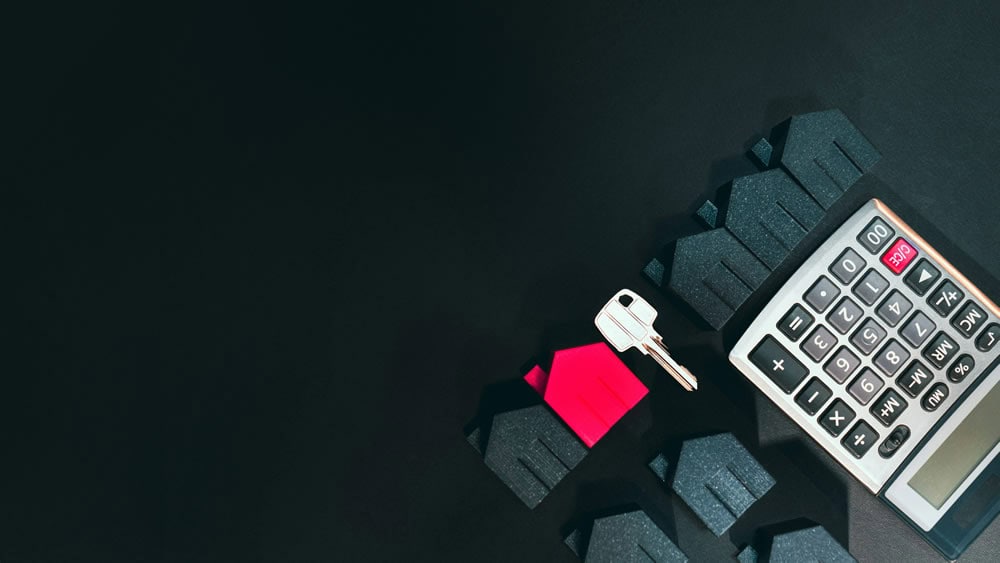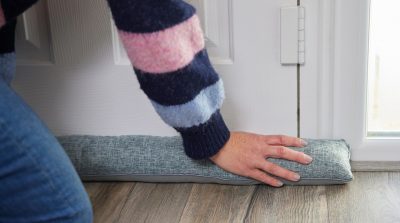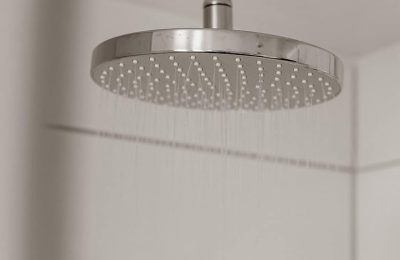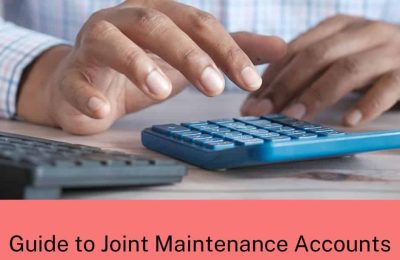Are you looking to rent your first home? Wondering what you need to know about deposits, documents, and finding a good place to live? Renting can be exciting but comes with responsibilities and rules that are essential to understand before signing any contract. Here’s a straightforward guide to renting your first place without the stress.
Determining your budget
Determining your budget is the first step in renting your first place. You’ll need to cover monthly rent, utilities, and other living expenses, so start by setting a realistic budget. Experts recommend spending no more than 30-35% of your annual income on rent, so if you earn £30,000 a year, aim to keep your rent around £750 per month.
In addition to rent, consider other monthly expenses. Utilities, internet, and council tax will all add up, so ensure you’ve factored these in before you start your search.
Finding the right property
Finding the right property means knowing what’s important to you. Determine whether you need to be close to work, public transport, or family. Property location affects rent prices considerably – Edinburgh rents tend to be higher than other areas in Scotland.
If you’re browsing listings online, the CyberGhost VPN free trial can be useful to access region-specific listings that might not show up in your current location. This can give you a broader view of rental options and help you explore properties securely before setting up viewings.
Think about the size and type of property you need. Whether it’s a one-bedroom flat or a house with a garden, narrow your search to what you need and can afford. Check online listings on websites such as Citylets. Once you’ve found a few promising options, contact the agent or landlord to set up viewings.
What to check during property viewings
During property viewings, it’s essential to check the details carefully. Security is also important, so you may want to check that the property has solid door and window locks. Check if there’s enough storage for your belongings, and assess any noise levels around the property..
Renting furnished vs. unfurnished
When deciding on a rental, consider if you want a furnished or unfurnished property. Furnished rentals typically include white goods like a fridge and washing machine, as well as basic furniture such as a bed and sofa. Unfurnished properties may be more affordable, but you’ll need to bring or buy your own furniture.
Preparing your documents
Being prepared with the right documents is essential to secure a rental property. You’ll likely need proof of ID (passport), recent utility bills, and proof of income, like salary slips or bank statements. A reference from a previous landlord or employer can also be required. If you’re new to renting, a guarantor may be needed if you don’t have a credit history.
Deposits
When moving into a rental property, landlords or letting agents typically require a deposit as a guarantee against damages, cleaning costs, unpaid bills, or rent arrears. If no issues arise, the deposit is returned in full. However, it cannot be used for normal wear and tear. The deposit amount is capped at no more than two months’ rent; for instance, if the monthly rent is £500, the deposit cannot exceed £1,000.
The tenancy agreement
The tenancy agreement is a contract between you and your landlord outlining both of your responsibilities. It will specify details like the rent amount, due date, type of tenancy, and any rules regarding pets or smoking. Review the contract carefully before signing, and ask for clarification on any points that are unclear.
The agreement should also cover who’s responsible for repairs and maintenance. While landlords are required to fix structural issues, tenants are generally responsible for keeping the property clean and reporting any damage immediately.
Understanding your tenant rights and responsibilities
As a tenant, you have rights and responsibilities. You have the right to live in a property that meets safety standards, including working smoke alarms and a gas safety certificate. However, having access to a service like HomeServe can provide peace of mind by offering affordable repair and maintenance solutions, ensuring any emergencies are quickly addressed without added stress. Your landlord must also provide an Energy Performance Certificate (EPC) showing the property’s energy rating.
You’re responsible for paying rent on time, keeping the property in good condition, and respecting your neighbours. If something needs repair, notify your landlord promptly. Document any maintenance issues and keep records of communication with your landlord in case any disputes arise.
Utilities and bills
Once you move in, you’ll likely be responsible for paying utility bills like electricity and gas. You may also need to cover internet, council tax, and a TV license, if you use a TV. Take meter readings as soon as you move in and contact utility companies to set up accounts in your name.
Some rentals may include bills, so clarify this before you sign your tenancy agreement. Knowing exactly what you’ll be paying monthly can help you avoid any surprises.
FAQs on first-time renting
How much should I budget for rent?
Experts suggest spending around 30-35% of your annual income on rent. Include other monthly expenses, like council tax and utilities, to get a full picture of your budget.
Can I decorate a rented property?
You should ask your landlord before making any changes. Some landlords may allow small adjustments, but major decorations are usually not permitted.
What if my landlord wants to increase the rent?
If you have a private residential tenancy, your landlord can raise the rent only once per year and must provide you with three months’ notice before any increase.
Do I need a guarantor?
If you have limited rental history or a poor credit score, some landlords may require a guarantor. A guarantor agrees to pay rent if you’re unable to do so.
What should I do if there are problems with the property?
Report any issues to your landlord immediately and keep records. If repairs aren’t handled, you may contact your local council for support.
Following these steps will help you confidently rent your first property. With the right preparation, clear communication, and a good understanding of the process, you’ll be well on your way to finding a place that feels like home.










